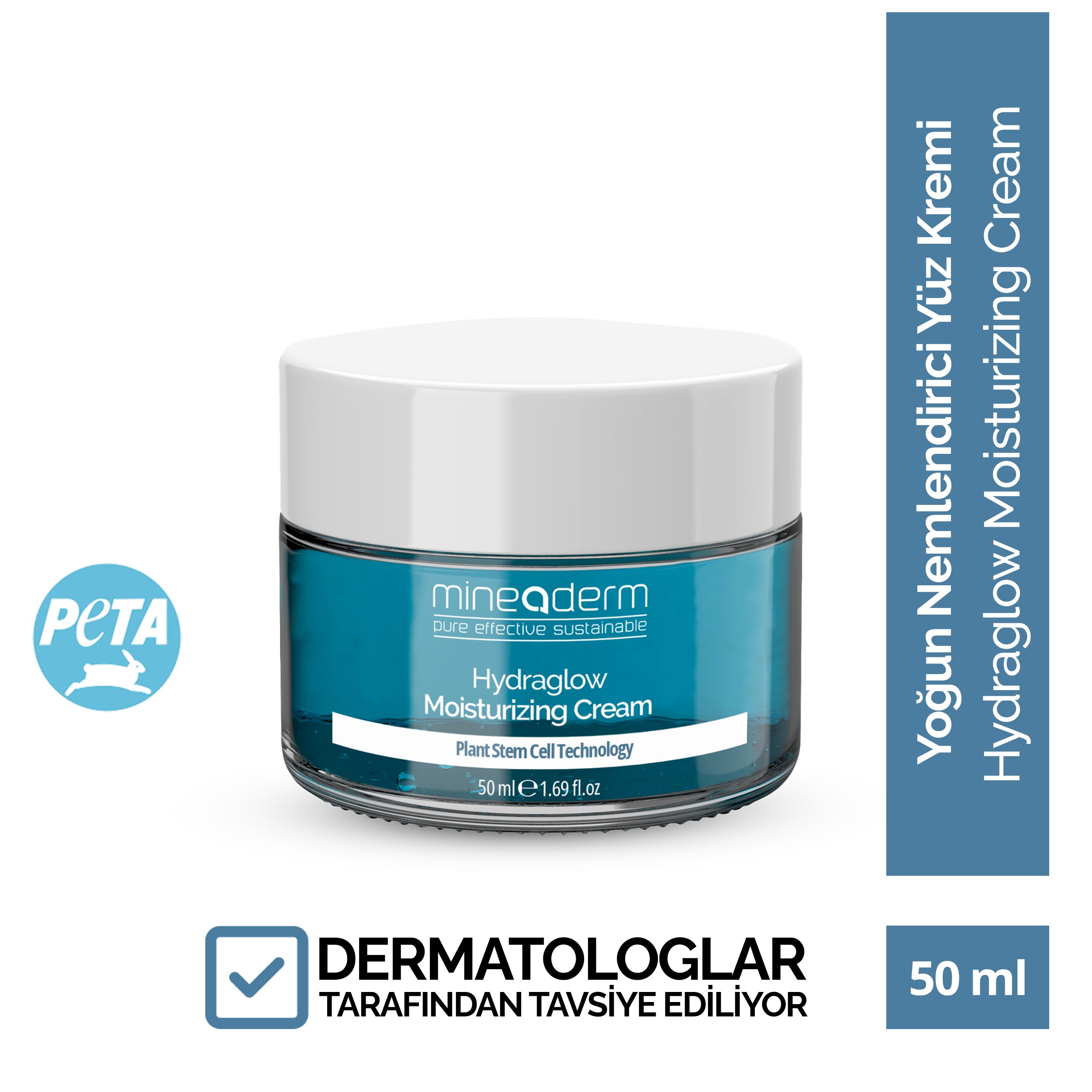Hair Loss
Hair loss (alopecia) is a common condition in both men and women and can occur for a variety of reasons. Genetic predisposition, hormonal changes, aging, stress, certain diseases, nutritional deficiencies, and medications can all cause hair loss. Hair loss can be temporary or permanent, widespread or localized, and can sometimes be a sign of a serious underlying health problem. An average daily hair loss of 50-100 strands is considered physiological; for hair loss exceeding this, it's recommended to identify the cause and intervene with appropriate treatment. Early diagnosis and appropriate treatment can help stop hair loss and preserve hair health.
What are the foods that prevent hair loss?
What are the foods that prevent hair loss?
A balanced diet rich in protein, iron, zinc, selenium, biotin, folate, B12, and vitamin D is crucial for preventing hair loss. Main foods that provide these nutrients include fatty fish (salmon, sardines), eggs, chicken, and red meat, milk and yogurt, dark green leafy vegetables (spinach, kale, broccoli), legumes (beans, lentils), hazelnuts, almonds, walnuts, chia and flaxseeds, avocados, oranges, kiwi, and strawberries. Biotin and other B vitamins help with protein synthesis and strengthen hair follicles, while iron and zinc deficiencies both increase hair loss and slow new hair growth. Additionally, foods rich in omega-3s and antioxidant-rich fruits and vegetables protect hair follicles against free radicals, supporting healthy hair growth.
Hangi durumlarda saç dökülmesi normal sayılır?
Hangi durumlarda saç dökülmesi normal sayılır?
Yaşam döngüsünün bir parçası olarak günlük 50–100 tel saçın dökülmesi normaldir. Ancak dökülme miktarında belirgin artış, saç çizgisi incelmesi veya gözle görünür seyrelme varsa değerlendirme gerekebilir.
Saç dökülmesi nasıl değerlendirilir?
Saç dökülmesi nasıl değerlendirilir?
Saç dökülmesinin derecesi, dökülme paterni ve eşlik eden belirtiler dermatolojik bir değerlendirmeyle incelenir. Gerekirse kan testleri ile hormonal ve vitamin-mineral düzeyleri kontrol edilir.
Saç dökülmesinde hangi biyolojik etkenler rol oynar?
Saç dökülmesinde hangi biyolojik etkenler rol oynar?
• Genetik yatkınlık: En yaygın nedenlerden biridir.
• Hormonal değişiklikler: Tiroid bozuklukları, androjen düzeyleri, hamilelik sonrası değişimler.
• Beslenme: Biyotin, demir, çinko gibi mikro besin eksiklikleri saç döngüsünü bozabilir.
• Stres ve uyku bozuklukları: Dolaşımı ve büyüme döngüsünü etkileyebilir.
Saç dökülmesinin tedavisi mümkün müdür?
Saç dökülmesinin tedavisi mümkün müdür?
Saç dökülmesinin nedenine göre yönetimi değişir. Tedavide sebebe yönelik yaklaşım önemlidir. Bazı durumlarda yaşam tarzı değişiklikleri, dengeli beslenme, stres yönetimi ve döngüyü destekleyen bakım ürünleri dökülmeyi yavaşlatmaya yardımcı olabilir.
Saç derisi sağlığı dökülmeyi etkiler mi?
Saç derisi sağlığı dökülmeyi etkiler mi?
Evet. Sağlıklı saç derisi, saç foliküllerinin normal işlevini sürdürmesine yardımcı olur. Kepek, inflamasyon veya kuruluk gibi sorunlar mikro çevreyi bozarak dökülmeyi artırabilir.
Beslenmenin saç dökülmesine etkisi var mıdır?
Beslenmenin saç dökülmesine etkisi var mıdır?
Saç folikülleri hücresel düzeyde metabolik bir faaliyettir. Biyotin, demir, çinko, omega-3 yağ asitleri ve yeterli protein saç döngüsünü destekleyen önemli besin öğeleridir. Dengeli bir beslenme saç sağlığını destekler.
Stres saç dökülmesini tetikler mi?
Stres saç dökülmesini tetikler mi?
Evet. Kronik stres hormon düzeylerini etkileyerek saçın büyüme döngüsünü kesintiye uğratabilir. Düzenli uyku, stres yönetimi ve yaşam tarzı düzenlemeleri bu etkiyi azaltmaya yardımcı olabilir.
Saç dökülmesine karşı bakım nasıl olmalıdır?
Saç dökülmesine karşı bakım nasıl olmalıdır?
Saç dökülmesine yönelik bakım; nazik temizlik, saç derisi dolaşımını destekleme (masaj), yeterli nemlendirme ve döngüyü destekleyen aktif içerikler etrafında şekillenmelidir.
Aşırı sert işlemler ve sık ısı kullanımı dökülmeyi artırabilir.
Hangi durumlarda dermatolog desteği alınmalıdır?
Hangi durumlarda dermatolog desteği alınmalıdır?
• Ani ve hızlı saç kaybı
• Yerleşik seyrelme veya kellik paterni
• Deride kızarıklık, kaşıntı veya pullanma
• Ailede yoğun saç dökülmesi hikâyesi
Bu durumlarda dermatolojik değerlendirme en doğru yaklaşımdır.
Saç dökülmesini önlemek için günlük bakımda neleredikkat edilmeli?
Saç dökülmesini önlemek için günlük bakımda neleredikkat edilmeli?
• Nazik temizleyicilerle saç derisini temiz tutmak
• Ilık su ile yıkama, aşırı sıcak kullanmamak
• Saç derisine hafif masajla dolaşımı desteklemek
• Kimyasal işlemleri sınırlamak
Bu basit adımlar saç döngüsüne destek sağlar.
Erkek ve kadın saç dökülmesi farklı mıdır?
Erkek ve kadın saç dökülmesi farklı mıdır?
Genel mekanizmalar benzerdir; ancak erkek tipi dökülmede hormonel etkiler (androjenler) daha belirgin rol oynayabilir. Kadınlarda hormonal dalgalanmalar, adet döngüsü, doğum sonrası ve menopoz gibi dönemlerde görünüm değişebilir.



